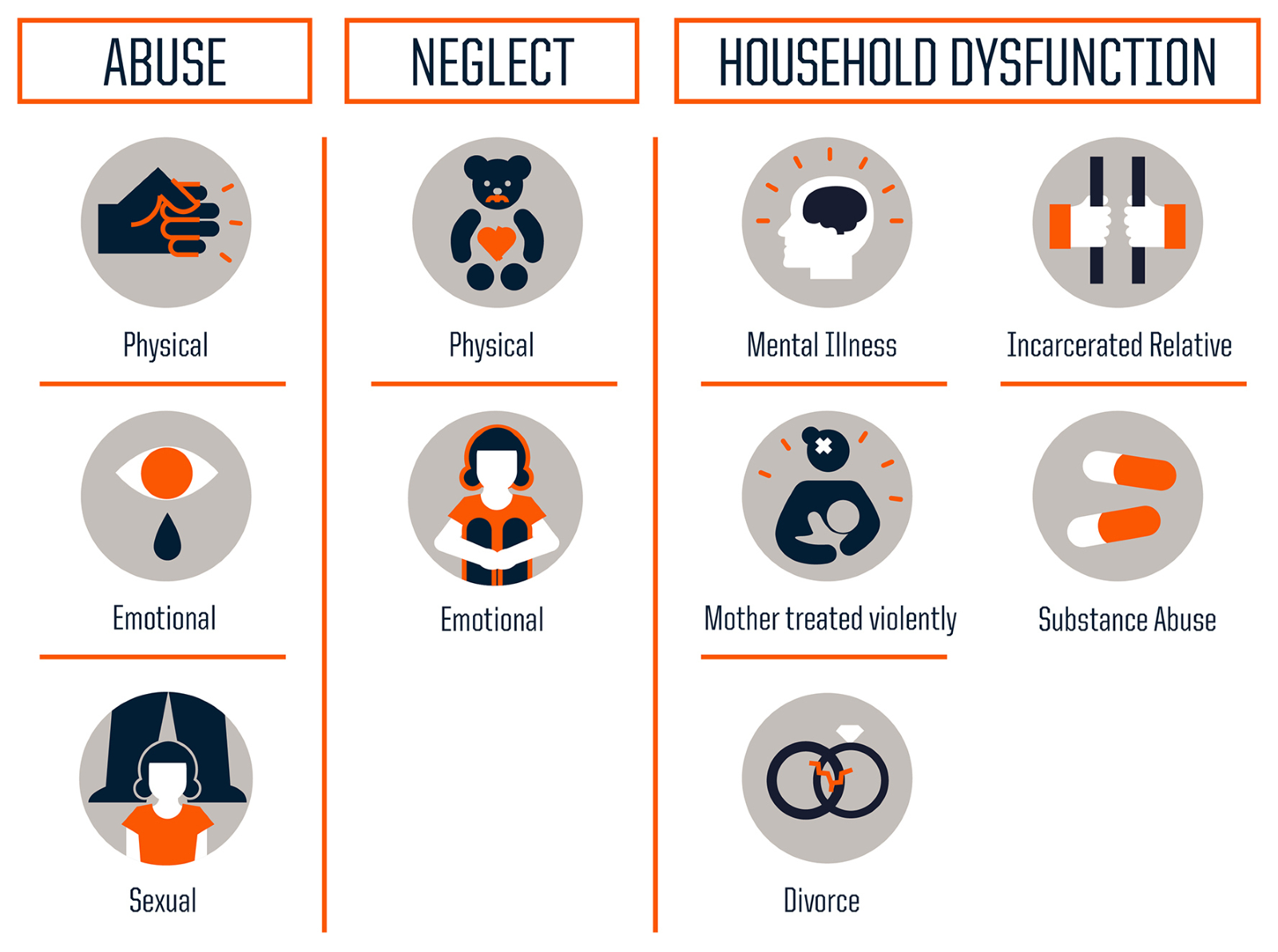Adverse Childhood Experiences
Adverse childhood experiences, (or ACEs), are potentially traumatic events that occur in childhood (0-17 years). For example: experiencing violence, abuse, or neglect. witnessing violence in the home or community. There is a large body of evidence on the impact of ACEs on the health and well-being of children that can persist into adulthood. The more adversity a child experiences, the more likely it is to impact on their mental and physical health later in their lives. This is why Early Help is so important, particularly through developing positive relationships with trusted adults, which has shown to build resilience and mitigate the impact of ACEs on child and adolescent development. It also stresses the importance of whole-family working in Early Help in order to understand and address ACEs in adults that may impact on their capacity to care for their children. It is for this reason that all of the Early Help service we offer is focused on positive relationships underpinned by mutual respect. Consent to work with families will always be sought prior to making any referrals.
Figure 2 illustrates the types of adverse childhood experiences that impact on child development.
Figure 2

